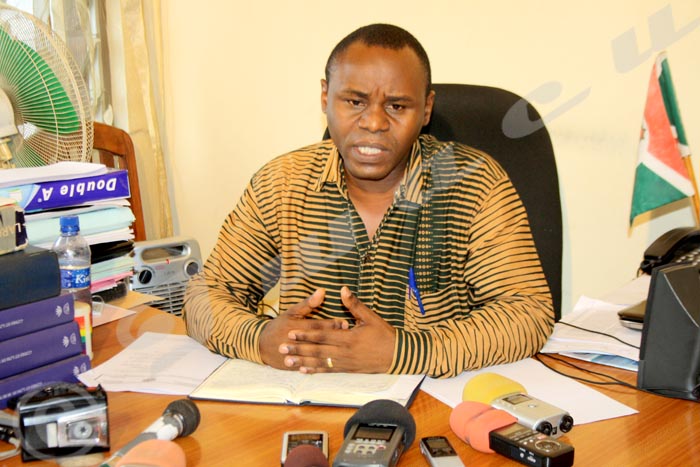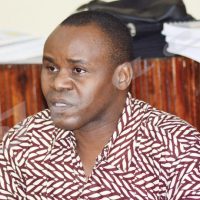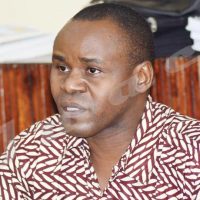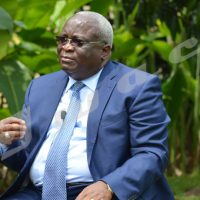
Gabriel Rufyiri :‘‘ If nothing is done in immediate time, what Burundian citizens have built in more than 20 years may run a risk to be destroyed in our sight.’’
The Observation for Fight against Corruption and Economic Embezzlement (OLUCOME) has sounded the alarm on Burundi’s economic situation. It is calling for all relevant parties to engage in inclusive talks to find solutions to the socio-political, economic and security crisis facing Burundi since April 2015.
In a declaration issued on 24 November, Gabriel Rufyiri, the OLUCOME chairman, says that the national Gross Domestic Product (GDP) has considerably decreased since 2014. The 2016 budget is mainly covering essential running costs, rather than making any new investments. The 2014 national GDP decreased dramatically, from 4.7% to -4% in 2016.
Rufyiri said that the income per capita has greatly decreased, according to World Bank and UNDP statistics. This makes Burundi the poorest country in the world with annual per capita income averaging just $260.
Burundi’s economy is critical because there is very little development assistance coming into the country currently. Rufyiri says that only projects funded by African Development Bank (BADE), European Union and World Bank are ongoing. The total value of these projects is BIF 370 billion, he said.
OLUCOME believes that the intention of the ruling party CNDD-FDD to remove the presidential term limit and annul the Arusha Peace Agreement is a key factor in the economic decline. The organization believes there is an urgent need for all parties to be honest about the origins of the crisis, in order to find sustainable solutions to stop the economic decline.
Olucome invites partners to put pressure on all conflicting parties, particularly the ruling party, to find a solution through negotiations. It calls on all political leaders to prioritize projects and programs rather than political catchwords based upon divisions and hate.


















 IWACU Open Data
IWACU Open Data

